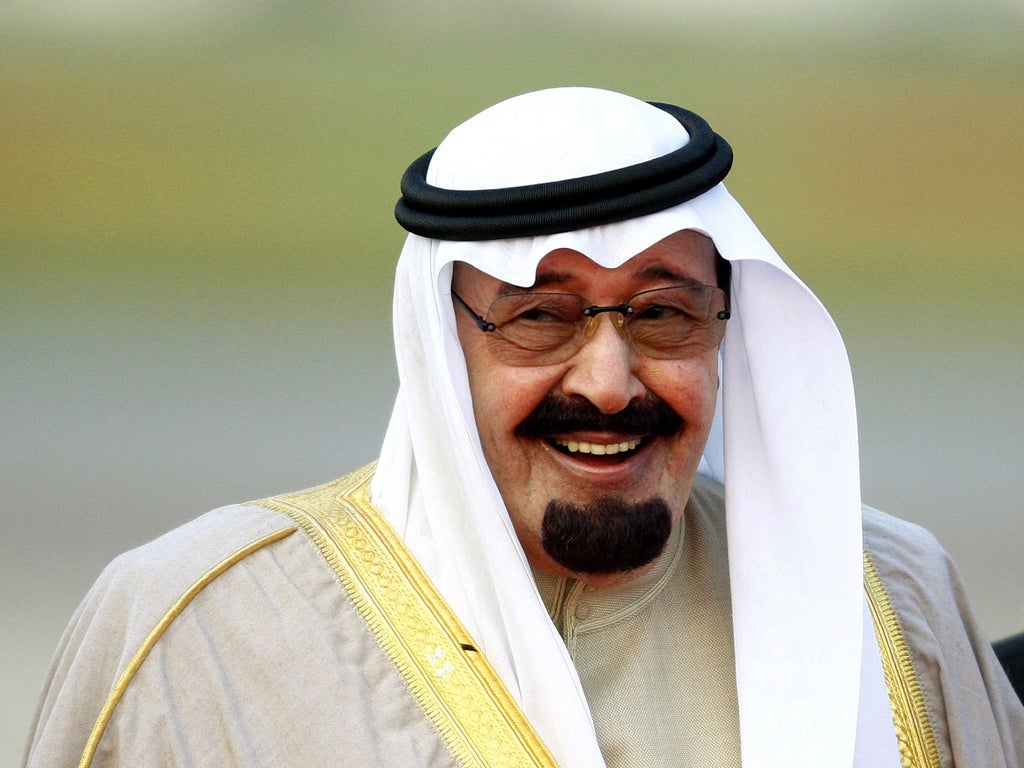Saudi boy spared execution for shooting dead elderly relative after mistaking her for monkey
Family members told judges they believe the killing was an accident

A young Saudi Arabian boy has been spared execution for shooting dead an elderly relative after mistaking her for a monkey.
Family members attended a court in the city of Taif on Saturday, telling judges that they planned to pardon the boy and drop the case after coming to the conclusion that the killing had been an accident.
Local newspapers reported that, as a result of the pardon, the boy was sent to prison instead of being publicly executed by hanging. Residents of his village said they would now be campaigning for the boy to be released altogether.
Sabq daily newspaper reported that the boy killed his relative, who was in her 60s, while she was collecting leaves from a tree to feed to her sheep.
It is believed that he shot her from a distance after mistaking her for a monkey trying to damage one of the neighbourhood’s trees.
Saudi Arabia has a criminal justice system based on Sharia law, with more than 20 crimes punishable by death. Many executions – methods of which include beheadings, stoning, crucifixion and hanging – take place in public.
Despite the typically harsh punishments, victims of crime can opt to pardon the perpetrators by appealing to the Pardon Committee. According to Monitor.net, a pardon usually means a significantly reduced sentence – with the typical punishment for a pardoned murder just three years in jail.
Saudi victims of crime often choose to opt for a pardon as, in this deeply conservative Islamic country, the act of forgiveness is held in high regard – with benefactors hoping to be rewarded for their mercy in the afterlife.
Others choose to exonerate by opting to request dya - a form of financial compensation - from the criminal.
Saudi Arabia's King Abdullah has also stepped in to pardon criminals from time-to-time, including during the 2007 case of a gang rape victim sentenced to prison and 200 lashes for having been alone with a man who was also brutally raped during the attack. The seven men convicted of violence were sentenced to between seven and nine years in prison.
Subscribe to Independent Premium to bookmark this article
Want to bookmark your favourite articles and stories to read or reference later? Start your Independent Premium subscription today.

Join our commenting forum
Join thought-provoking conversations, follow other Independent readers and see their replies